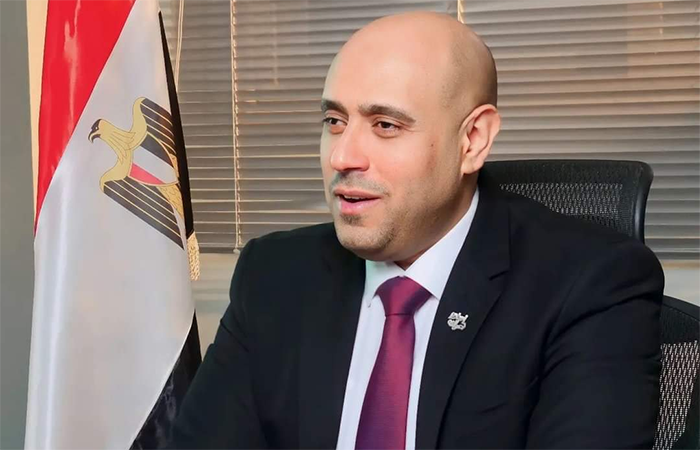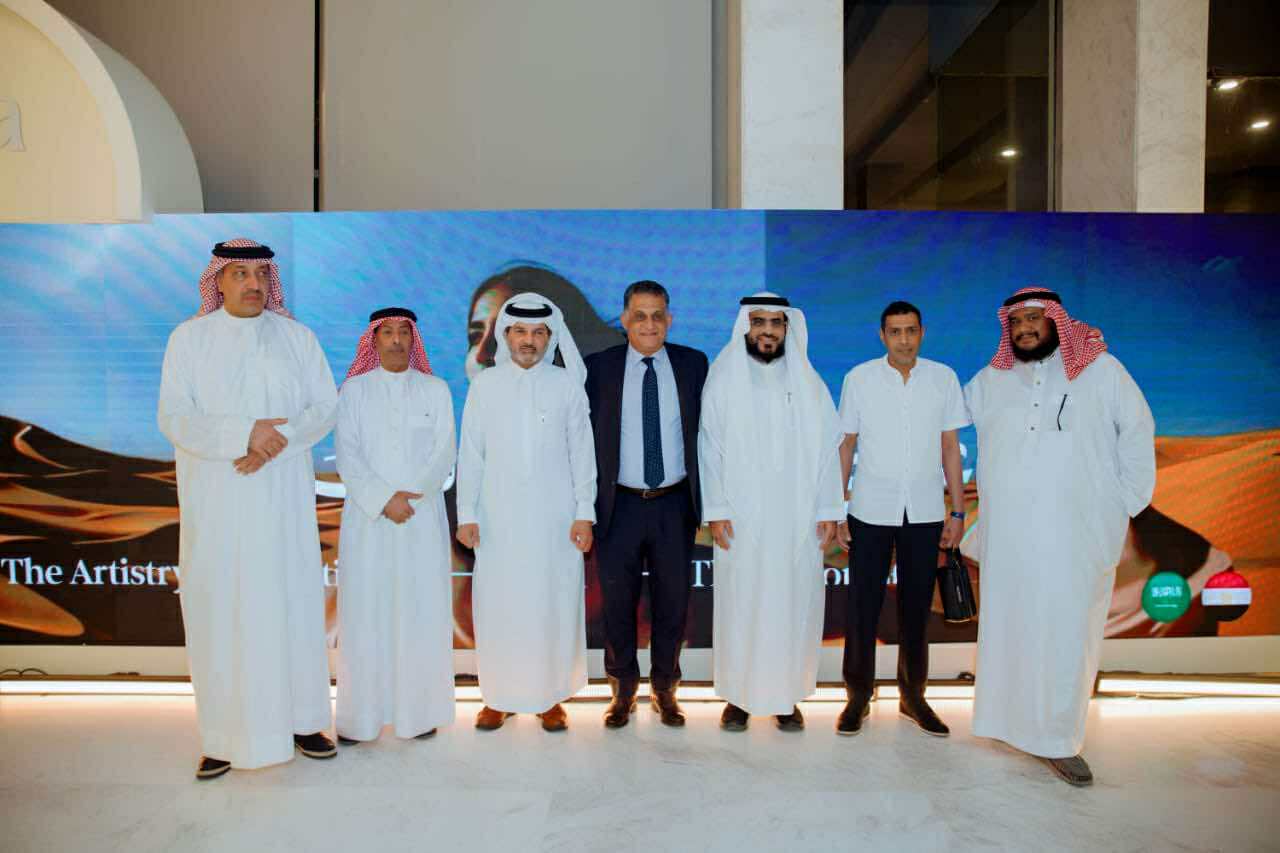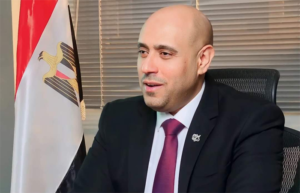Nasrallah: Monitoring Digital Content a National Duty to Protect Identity and Culture
Dr. Islam Nasrallah, digital transformation and technology expert, praised the tireless efforts of the state in confronting degrading and offensive online content that undermines the values and culture of Egyptian society. He particularly commended the recent arrest of several well-known TikTok personalities found guilty of producing and disseminating videos that violate public morals, corrupt public taste, and exploit young women.
In a press statement today, Dr. Nasrallah stressed that the Ministry of Interior’s actions send a clear message that the state will not allow cyberspace to become an open arena for moral chaos or a platform for promoting content that erodes community values and traditions.
“This step reflects the vigilance of regulatory bodies and their ability to utilize technology itself to track and detect violations committed online, bringing perpetrators to justice in accordance with the law,” he said.
Dr. Nasrallah emphasized that protecting society—especially its younger segments—from behavioral deviations promoted on social media is no longer optional, but a national duty requiring the combined efforts of the state, civil society, educational institutions, and parents.
He further noted that this is not merely a security issue, but one closely linked to national security, with direct implications for public culture, intellectual development, and the moral foundations of future generations.
The digital transformation expert underscored the importance of establishing a comprehensive national system for monitoring digital content, integrating legislative, executive, and technological efforts to ensure the enforcement of laws combating cybercrime, immorality, and incitement to violence or hatred.
“We need strategic solutions that leverage artificial intelligence and big data analytics to detect harmful content before it spreads—alongside awareness and digital literacy programs targeting internet users, especially young people,” he explained.
Dr. Nasrallah also pointed out that some online content creators deliberately seek fame and quick profits by producing provocative material that challenges societal taboos, often in the absence of awareness or ethical constraints.
“This phenomenon becomes even more dangerous when coupled with AI technologies capable of misleading the public through deepfake videos or orchestrated campaigns to spread rumors,” he warned.
Dr. Nasrallah called for the establishment of a “National Observatory for Digital Content” under an independent body comprising experts in media, technology, sociology, and law. Such an entity would continuously evaluate and analyze digital trends, issuing regular reports on the most influential content affecting public opinion—aimed at protecting youth, preserving cultural identity, and promoting positive and constructive material.
He concluded by affirming that Egypt, with its technical expertise and strong institutions, is capable of creating a safe and balanced digital environment—one that guarantees freedom of expression within the framework of the law, respects religious and cultural values, and ensures technology serves as a tool for building, not destruction; for development, not deception.
Share this content:














إرسال التعليق